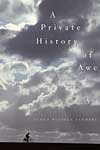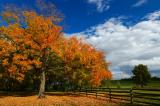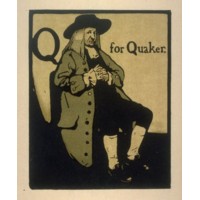
People have a hard time finding our home. For one, it sits 1,500 feet off the road and is nestled back in a woods. For another our road goes by two names since we live on a road that divides two counties. One county calls the road one thing; the other another. And the house numbering system is different, too.
It’s very confusing.
So I designed a sign to place out by our driveway that says “Welcome to Ploughshares Farm.” Now visitors just have to know to look for the sign.
Which is how it is with seeing how way opens – learning to look for the signs. George Fox said, “Take heed of the promptings of Truth and Love, for those are the leadings of God.”
Promptings of truth and love are subtle. They are inward, often beginning with a motion of caring. They are often more a nudge than a shove. They are a lot like the subtle look of slightly tramped down grass that shows where a path begins. They are a sense that something is happening spiritually to which we need to be paying attention. Promptings are often persistent, too, and require a period of waiting.
We may want to rush ahead. But if we do, we’ll often miss signs along the way. George Fox said, “Be still and cool in thy own mind and spirit from thy own thoughts, and then thou wilt feel the principle of God to turn thy mind to the Lord God, whereby thou wilt receive his strength and power from whence life comes… That is it which moulds up into patience, … into stillness, … into quietness, up to God, with his power.”
Signs along the way are all around us, once we learn to see them.
-- Brent






